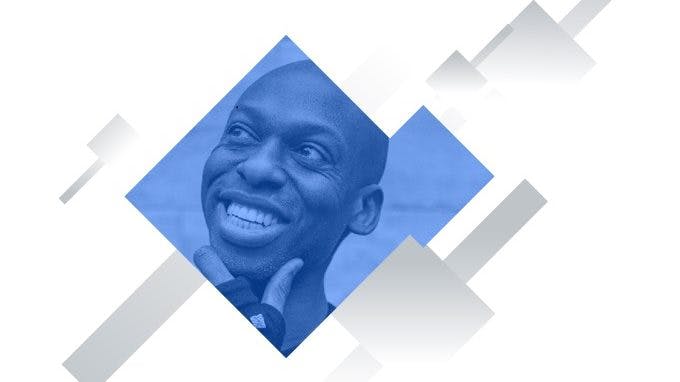The higher Bitcoin climbs, the more momentum it gains, the more the regulators circle and seek to check it’s stratospheric rise.
The latest attempt to disrupt Bitcoin’s pathway to hegemony comes from the Financial Crimes Enforcement Network (FinCEN), a branch of the US Treasury that is outlining plans to collect personal details of anyone who makes withdrawals transactions exceeding $3,000 from an custodial exchange to a non-custodial wallet.
There will be those who say this sounds fair enough; that it strikes the right balance between freedom for ordinary, small-scale users, while cracking down on the criminals regulators imagine to be lurking and proliferating in the Bitcoin ecosystem.
They’re wrong. This is yet another attempt to bring Bitcoin into the fold of the existing financial system and, in doing so, killing two of the very things that makes it brilliant: privacy and self-custody.
Privacy and self-custody are not “features” of Bitcoin, something to be removed in Bitcoin 2.0. They are sacrosanct and fundamental pillars of the whole ecosystem; they enable people to be their own bank and, finally, to experience real financial self-sovereignty. Forcing people to divulge their personal information for KYC purposes whenever they wish to claim this digital right would remove this protection, and turn Bitcoin into just another digital currency.
What the regulators fail to realise is that by trying to undermine the pillars of Bitcoin, they are taking on an immovable object. Bitcoin’s adoption is too far advanced: it has powerful support from the host of ordinary hodlers to some of the largest funds in the world. There’s little to worry about, as long as we stand firm.
But there’s another reason why Bitcoin cannot, must not fail: the moral dimension.
Let’s remember that there are places where Bitcoin isn’t just a store of value or a hedge against inflation, but a transformational technology and the only way certain oppressed groups can send and receive money from the rest of the world.
Take Nigeria. Being Anglo-Nigerian, I obviously have an interest here, so I know how many Nigerians don’t have unfettered access to many of the payment platforms we take for granted, such as PayPal. But Bitcoin isn’t just about low-cost, easy-access international remittance, important as that is. Bitcoin has a major role to play in the spread of democracy and promoting human rights.
If you think this is hyperbole from someone with a vested interest in Bitcoin, just ask one of the Nigerians protesting against police brutality earlier this year. When the government shut down access to local payment platforms for collecting donations for the demonstrators, where did the protesters turn? To Bitcoin, naturally. And they are not the only ones for whom self-sovereignty is a matter of so much more than money. Earlier this year Casa, the Bitcoin-only secure self-custody company, partnered with the Human Rights Foundation (HRF) to help Bitcoin reach the people who need it most.
As we’ve seen in Nigeria, one of the tactics that authoritarian regimes use to strangle dissent is to cut off the money supply to protesters and the non-profit human rights organisations who support them. Bitcoin has enormous potential to overcome these attacks on freedom by enabling groups and activists to channel funds efficiently without resorting to undesirable options such as smuggling wads of currency through customs.
Bitcoin promises to set us all free, and we must never forget that “being your own bank” is one of the keystones of this revolution. What started as a technological curiosity has evolved into an extraordinary asset, the closest we’ve ever got to Ideal Money. And yet, for many people around the world, it’s so much more than that: it’s the key to their freedom and their future.
So, when we see politicians trying to hamstring Bitcoin with ridiculous restrictions, remember that it’s not just your financial freedom they’ll assassinate. We must resist those whose insatiable greed for control and oversight would scupper the Bitcoin revolution, and in so doing, contribute to the emancipation of billions who simply want control of their financial future – and, in many cases, their own freedom.
